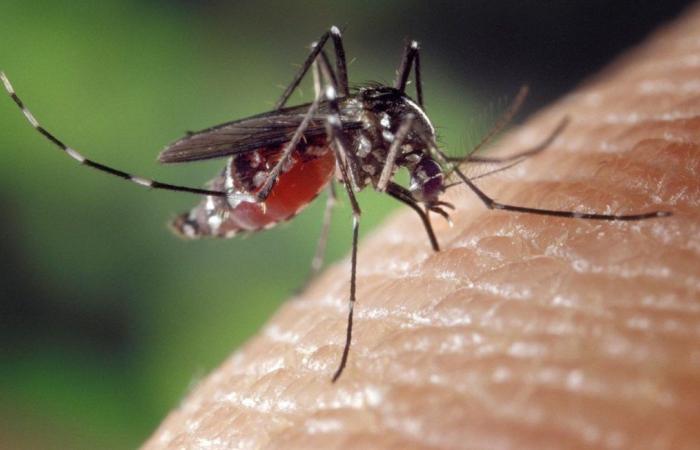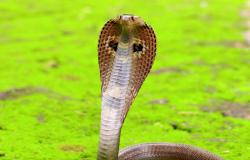Lemongrass, peppermint, lavender… Many plants are often presented as particularly effective mosquito repellents. A recent study from Ohio State University (United States), published in the journal Insects and reported by Technology Networks, adds a new plant to the blacklist of these pests: hemp. Scientists’ research has also identified the substance responsible for their disgust, which is none other than cannabidiol (CBD).
A compound which, in humans, can help treat anxiety, pain or insomnia, by ingesting it in the form of oil, candies or even herbal tea.
Small quantities required
The researchers were inspired by an earlier study that discovered that the properties of the bark of a plant native to Madagascar functioned as a natural insecticide and mosquito repellent. Entomologists then sought to determine whether hemp could provide a viable and safe alternative to current biopesticides.
To test the toxic effects of cannabis against mosquito larvae, the team took air-dried hemp leaves, pulverized them into a fine powder, and soaked it in methanol for a few weeks to reach the desired CBD concentrations. The methanol was then removed from the solution to facilitate chemical analysis, and the extract was finally included in the larvae’s food. Within 48 hours, they all died, even those who had developed natural resistance to insecticides, although the scientists used relatively small amounts of cannabidiol.
Additional studies
Erick Martinez Rodriguez, lead author of the study, believes that these findings constitute an important step in the fight against mosquitoes, which can transmit multiple serious diseases, such as yellow fever, dengue or Zika. “It is very important to be able to control these pests at an early stage, when they are most vulnerable,” says the entomologist. The latter also emphasizes that the cultivation of hemp is inexpensive and more sustainable than that of other natural products used to repel mosquitoes.
However, additional studies will still need to be carried out to analyze the impact of CBD on non-target organisms, such as bees or other pollinating insects. Scientists want to avoid disturbing them by introducing substances potentially harmful to their environment.






